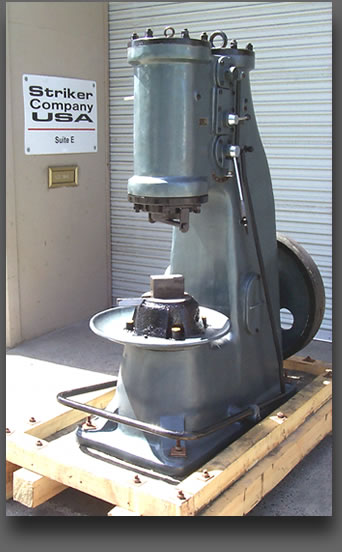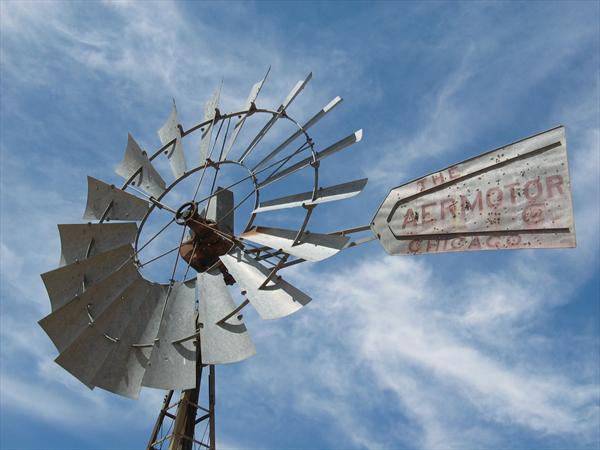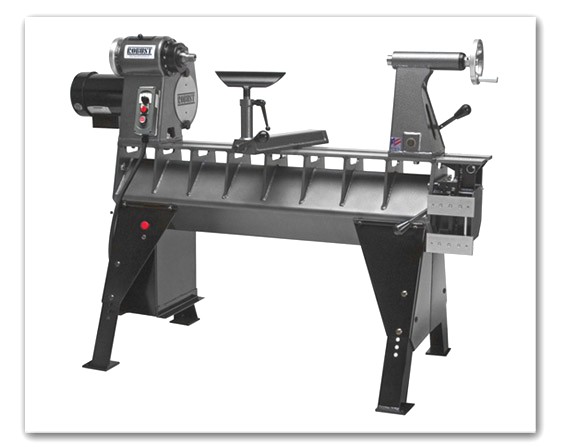Let’s face facts here. It’s time to start investing our civic capital in fixed guideway public transit systems and stop wasting it on roads and highways.
Cars and trucks are wonderful things except for two problems. The first is that private automobiles aren’t a scalable solution. The second problem is that the petroleum resources of planet Earth are finite, and at some point there simply won’t be enough fuel to waste on a sufficiently large fleet of private automobiles.

If there are lots of good roads and not too many cars, private autos make a great system. The problem is that cars will always fill any available road up to, and beyond, its capacity. When operated beyond capacity, roads degrade, and the driving experience is unpleasant and dangerous. This describes almost all roads. Many years ago, we imagined a wonderful, auto-based utopia, and we’ve discovered that it as soon as we began to build it, we had to scale it up, and the utopia receded into the distance at precisely the same rate at which we poured concrete towards it.
If Earth’s petroleum deposits were infinite, we could continue our quixotic quest for automotive utopia. But they are not, and we need to stop fooling ourselves about it. Simply put, we are running out of petroleum. That’s kind of like saying that you begin dying the moment you are born. While it’s a true statement, few people worry about it. Until they get older.
Ever since the beginning of humankind’s consumption of petroleum products, we’ve known that as a natural resource, oil is finite and will some day run out. But we were young and had other things to do. But, in terms of petroleum consumption, we are now older. The day of depletion may be far off, but it isn’t so far off that we can ignore it any longer.
We are probably in no danger of running out of oil tomorrow (although some would argue that point). But we are much closer to running out than we were when we started powering our world with petroleum. Again, there are many arguments for just how close to depletion we are (I’m no expert and thus have no real idea of when depletion will occur), but what is incontrovertible is that depletion is inevitable and unavoidable, and that we are one heck of a lot closer to it than we were, say, eighty years ago.
Eighty years ago is when the United States began to fall in love with the automobile, and when we began to re-create our nation in the automobile’s image. At the time, the country moved primarily on steel wheels on steel rails. We had an excellent system of transportation provided for us by private companies. Railroads and interurban traction systems crisscrossed the country and economically carried people, goods, and raw materials. Eighty years ago we began to dismantle, discard, and discredit that system and replace it with private automobiles and trucks.
This is not a “green” issue, although there are many people who spin it that way. I, for one, am simply not worried about the fate of the planet. The planet, I believe, can take care of itself just fine. If the entire human race disappeared tomorrow, the planet would recover fully in one or two thousand years, which, in planetary time, is just a picosecond.
The Earth of tomorrow won’t necessarily look like the Earth of today, but then, it never did. While species are dying out, other species are being created. Evolution, like rust, never sleeps. As far as I’m concerned, although pollution is a problem for humans, it isn’t a problem for planet Earth. What’s more, while pollution and climate change may be a worrisome problem, it is dwarfed by the much bigger problem of resource depletion we are confronting.
There is no doubt that railroads and trolleys consume lots of petroleum resources. But our trucks and automobiles consume orders of magnitude more petroleum than the older system. If we are serious about prolonging our affluent lifestyle, we need to begin the long, gradual process of dismantling the automobile-based infrastructure of the United States and begin reconstructing our steel-wheels-on-steel-rails heritage.
Every freeway interchange we build costs on the order of $50,000,000. Those freeways are chock full of cars and trucks right now, but what will they look like when gas is $20 per gallon, and only available on odd numbered days. That fifty million would be better invested in constructing 10 miles of human-scale, human-speed local transit, that could provide transportation every day for pennies.
Highways are insanely expensive to build. They divide up and pave over our precious living space, and they force us into hermetically sealed metal boxes, isolated from one another, where we become detached from the fundamental human values of sustainable community. It’s time to begin the change.
Cars and trucks are wonderful things except for two problems. The first is that private automobiles aren’t a scalable solution. The second problem is that the petroleum resources of planet Earth are finite, and at some point there simply won’t be enough fuel to waste on a sufficiently large fleet of private automobiles.

If there are lots of good roads and not too many cars, private autos make a great system. The problem is that cars will always fill any available road up to, and beyond, its capacity. When operated beyond capacity, roads degrade, and the driving experience is unpleasant and dangerous. This describes almost all roads. Many years ago, we imagined a wonderful, auto-based utopia, and we’ve discovered that it as soon as we began to build it, we had to scale it up, and the utopia receded into the distance at precisely the same rate at which we poured concrete towards it.
If Earth’s petroleum deposits were infinite, we could continue our quixotic quest for automotive utopia. But they are not, and we need to stop fooling ourselves about it. Simply put, we are running out of petroleum. That’s kind of like saying that you begin dying the moment you are born. While it’s a true statement, few people worry about it. Until they get older.
Ever since the beginning of humankind’s consumption of petroleum products, we’ve known that as a natural resource, oil is finite and will some day run out. But we were young and had other things to do. But, in terms of petroleum consumption, we are now older. The day of depletion may be far off, but it isn’t so far off that we can ignore it any longer.
We are probably in no danger of running out of oil tomorrow (although some would argue that point). But we are much closer to running out than we were when we started powering our world with petroleum. Again, there are many arguments for just how close to depletion we are (I’m no expert and thus have no real idea of when depletion will occur), but what is incontrovertible is that depletion is inevitable and unavoidable, and that we are one heck of a lot closer to it than we were, say, eighty years ago.
Eighty years ago is when the United States began to fall in love with the automobile, and when we began to re-create our nation in the automobile’s image. At the time, the country moved primarily on steel wheels on steel rails. We had an excellent system of transportation provided for us by private companies. Railroads and interurban traction systems crisscrossed the country and economically carried people, goods, and raw materials. Eighty years ago we began to dismantle, discard, and discredit that system and replace it with private automobiles and trucks.
This is not a “green” issue, although there are many people who spin it that way. I, for one, am simply not worried about the fate of the planet. The planet, I believe, can take care of itself just fine. If the entire human race disappeared tomorrow, the planet would recover fully in one or two thousand years, which, in planetary time, is just a picosecond.
The Earth of tomorrow won’t necessarily look like the Earth of today, but then, it never did. While species are dying out, other species are being created. Evolution, like rust, never sleeps. As far as I’m concerned, although pollution is a problem for humans, it isn’t a problem for planet Earth. What’s more, while pollution and climate change may be a worrisome problem, it is dwarfed by the much bigger problem of resource depletion we are confronting.
There is no doubt that railroads and trolleys consume lots of petroleum resources. But our trucks and automobiles consume orders of magnitude more petroleum than the older system. If we are serious about prolonging our affluent lifestyle, we need to begin the long, gradual process of dismantling the automobile-based infrastructure of the United States and begin reconstructing our steel-wheels-on-steel-rails heritage.
Every freeway interchange we build costs on the order of $50,000,000. Those freeways are chock full of cars and trucks right now, but what will they look like when gas is $20 per gallon, and only available on odd numbered days. That fifty million would be better invested in constructing 10 miles of human-scale, human-speed local transit, that could provide transportation every day for pennies.
Highways are insanely expensive to build. They divide up and pave over our precious living space, and they force us into hermetically sealed metal boxes, isolated from one another, where we become detached from the fundamental human values of sustainable community. It’s time to begin the change.






No comments:
Post a Comment